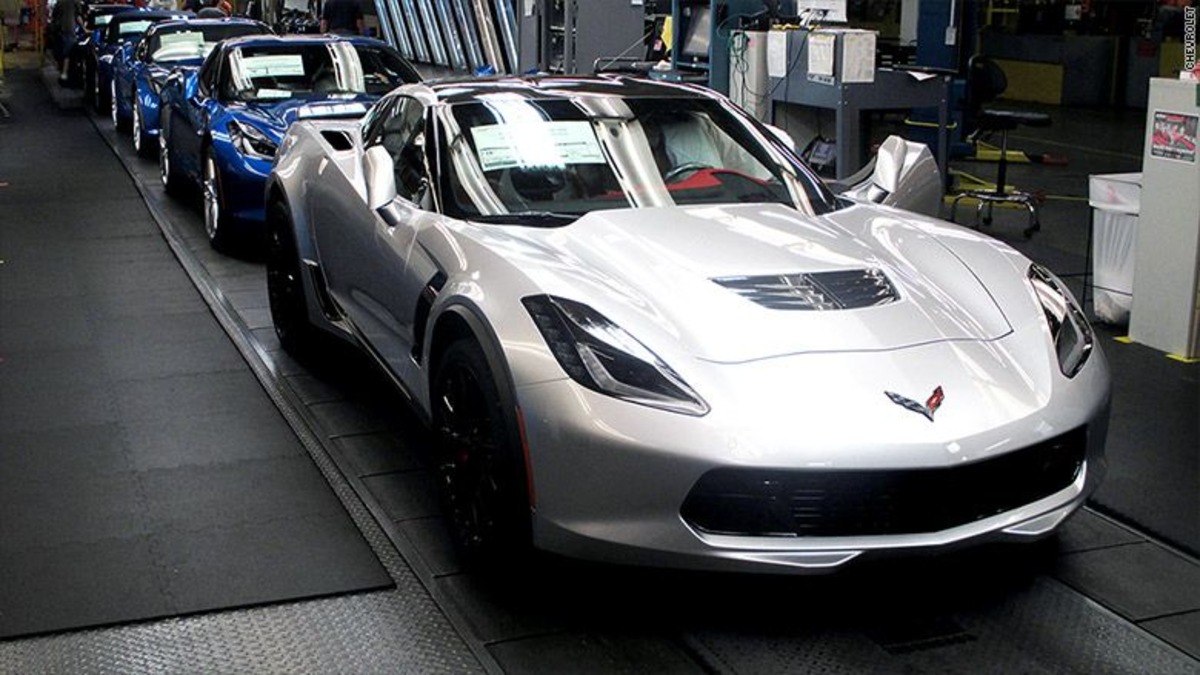The transportation sector is one of the largest contributors to global greenhouse gas emissions, accounting for nearly 29% of total emissions in the U.S. alone. Hydrogen-powered vehicles are gaining significant attention as the world accelerates its transition to sustainable mobility.
Unlike battery electric vehicles (BEVs), hydrogen fuel cell vehicles (FCEVs) offer faster refueling times, longer ranges, and zero emissions—making them an attractive alternative for both passenger cars and heavy-duty transportation.
Several American automakers are stepping up their efforts to develop hydrogen vehicles, betting on the potential of hydrogen fuel cells to complement or even surpass electric vehicles in the clean energy race. While Tesla dominates the BEV market, other companies—including traditional giants like General Motors (GM) and Ford, as well as startups like Nikola and Hyzon Motors—are investing heavily in hydrogen fuel cell technology.
This article highlights 12 American automakers leading the charge toward hydrogen-powered vehicles, exploring their technological innovations, flagship models, and long-term strategies. From passenger cars to commercial trucks, these companies are shaping the future of zero-emission transportation in the U.S. and beyond.
1. General Motors (GM)
General Motors (GM) has been at the forefront of hydrogen fuel cell development for decades. The company’s HydroTEC fuel cell technology is a key component in its hydrogen-powered vehicles.
GM has focused on both commercial and military applications, highlighting the versatility of hydrogen technology.
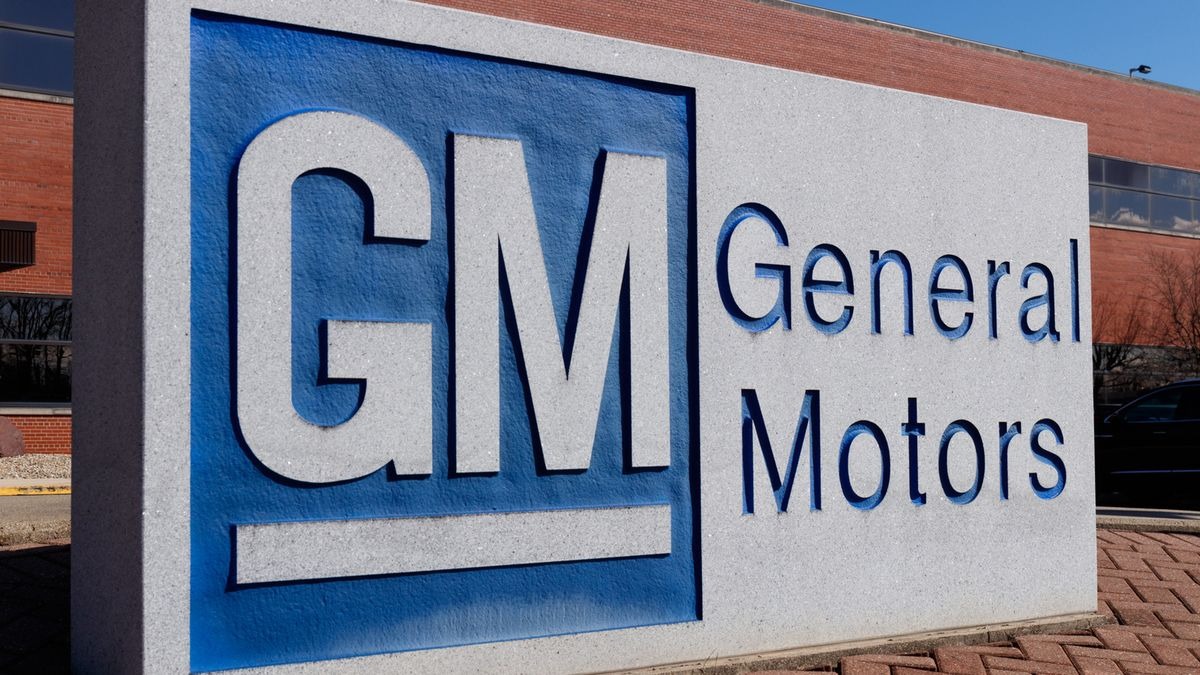
One of its flagship models is the Chevrolet ZH2, a hydrogen-powered concept vehicle initially designed for military purposes. Built on the Chevrolet Colorado platform, the ZH2 features a fuel cell system that offers near-silent operation, making it ideal for stealth missions. GM has also partnered with Honda to mass-produce fuel cells, with plans to introduce hydrogen-powered passenger vehicles by 2027.
In the commercial sector, GM’s HYDROTEC power cubes are being used in heavy-duty trucks, locomotives, and stationary power applications, indicating the company’s commitment to hydrogen’s scalability across multiple sectors.
2. Ford Motor Company
Ford is making significant strides in hydrogen fuel cell development, particularly for commercial and fleet vehicles. The automaker is testing hydrogen fuel cell prototypes for its popular Ford F-550 Super Duty truck. The vehicle, part of Ford’s SuperTruck 3 program, aims to enhance fuel efficiency and reduce carbon emissions in long-haul transport.
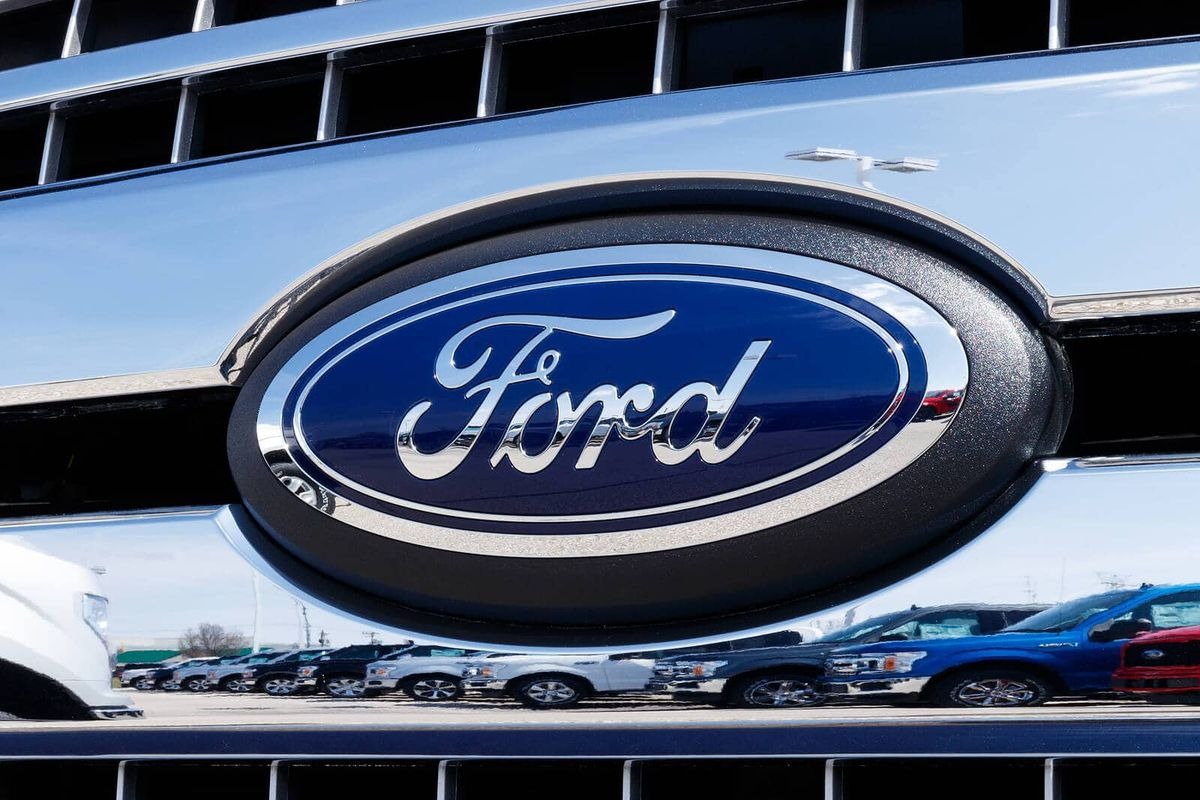
Ford is also exploring hydrogen-powered transit vans for urban logistics. The company believes that hydrogen fuel cells are more practical for large commercial vehicles due to faster refueling and higher energy density compared to battery-electric solutions.
Ford’s commitment to hydrogen is further demonstrated by its collaboration with AVL Powertrain, testing fuel cell powertrains for medium-duty and heavy-duty trucks. The company envisions hydrogen as a crucial component of its zero-emissions strategy alongside electric vehicles.
3. Nikola Corporation
Nikola Corporation is a pioneer in hydrogen-powered commercial trucks. Its Nikola Tre FCEV is one of the most advanced hydrogen fuel cell trucks in the U.S., designed for long-haul transportation. The vehicle offers a range of up to 500 miles and a refueling time of about 20 minutes—a significant advantage over battery-electric trucks.
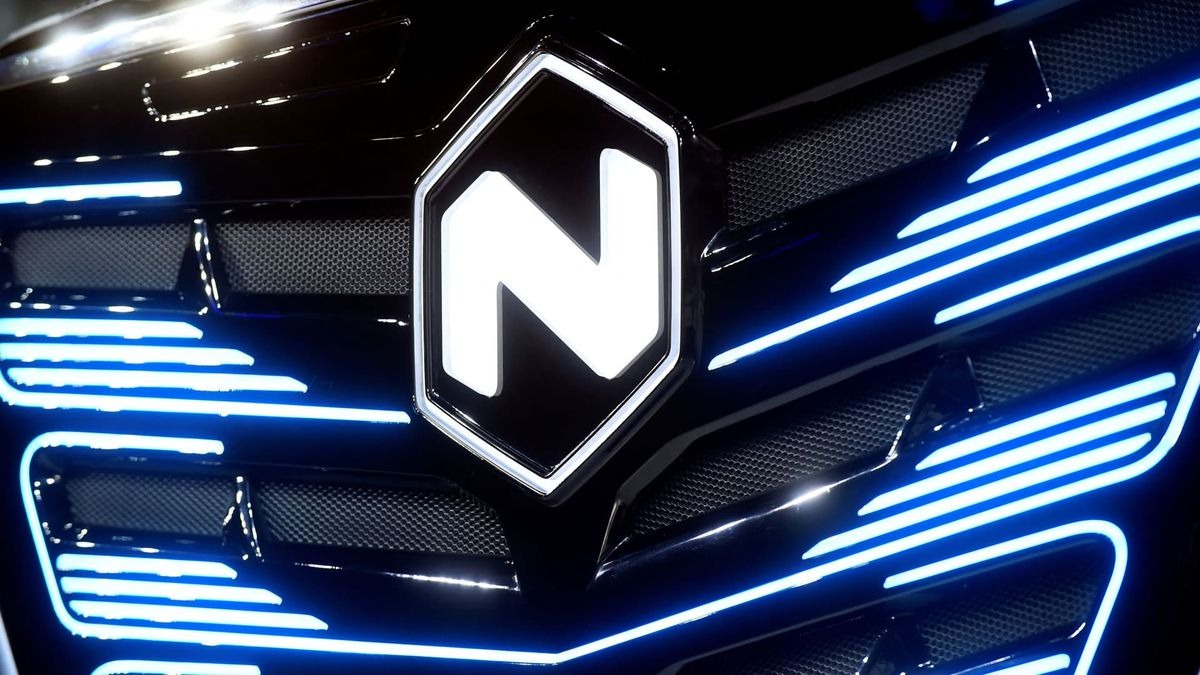
Nikola has also developed the Nikola Two, a hydrogen-powered semi-truck designed for heavy-duty applications, with a focus on efficiency and reduced operational costs. The company is building a hydrogen fueling infrastructure across the U.S. to support its fleet.
Despite facing financial challenges, Nikola remains committed to advancing hydrogen technology, with plans to expand production and collaborate with energy companies to scale up hydrogen availability.
4. Hyzon Motors
Hyzon Motors is another major player in the hydrogen fuel cell space, specializing in commercial heavy-duty vehicles. The company produces hydrogen-powered trucks, buses, and coaches, with a focus on reducing emissions in the logistics and transportation sector.
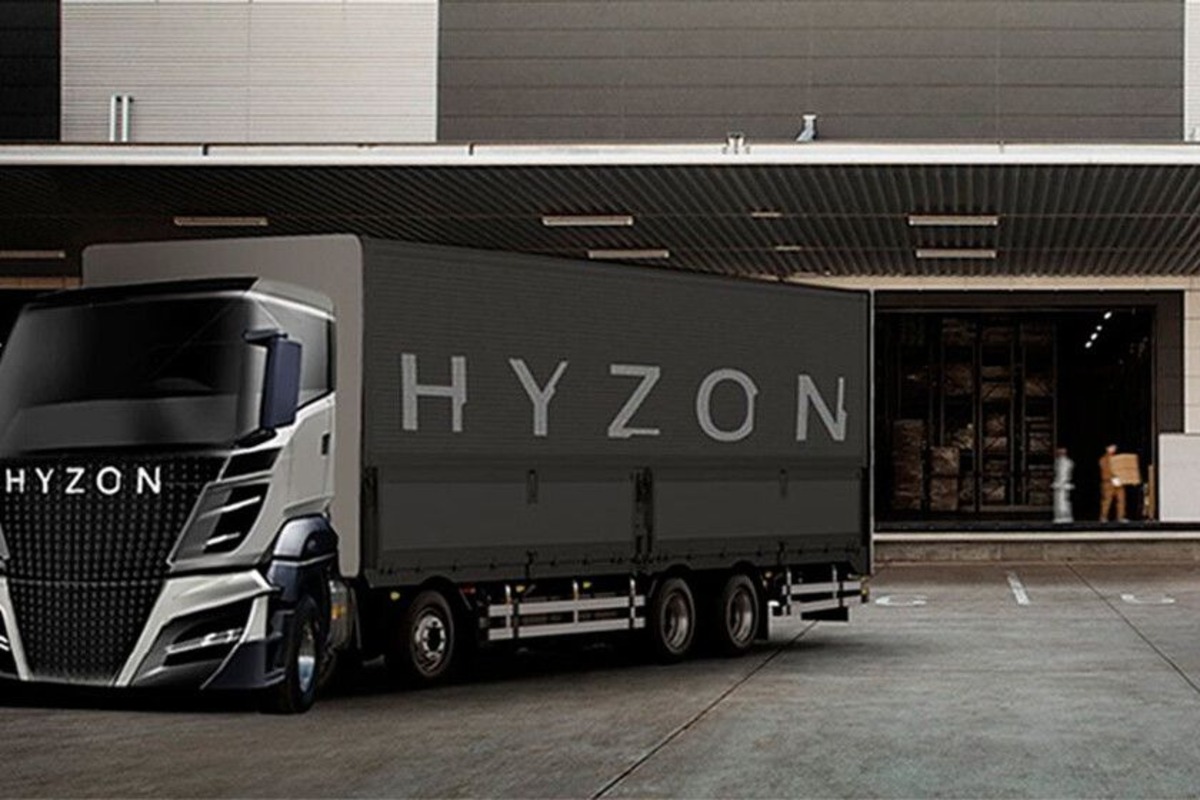
Hyzon’s Class 8 heavy-duty trucks feature fuel cell systems that provide over 400 miles of range on a single refueling. The company is also working on fuel-cell-powered refuse trucks and vocational vehicles.
Hyzon is rapidly expanding its presence in the U.S., with manufacturing plants and partnerships aimed at accelerating the deployment of hydrogen vehicles. The company is also involved in developing green hydrogen production facilities to support the fuel supply chain.
5. Plug Power
Plug Power, best known for its hydrogen fuel cells used in forklifts and warehouse vehicles, is expanding into hydrogen-powered delivery trucks and last-mile transportation. The company’s ProGen fuel cell engines are being integrated into light and medium-duty vehicles, enabling zero-emission fleets with longer ranges and faster refueling compared to battery-electric alternatives.
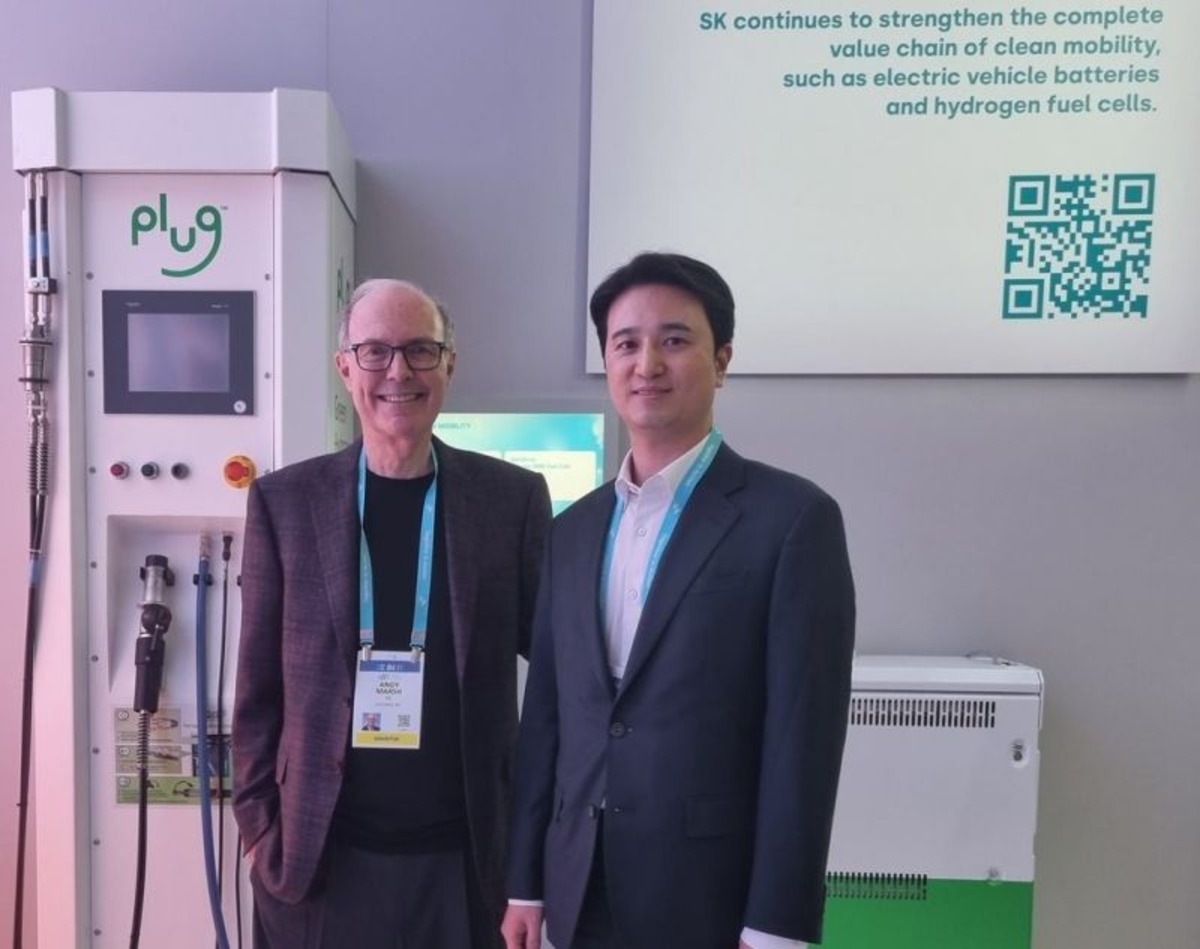
A key part of Plug Power’s expansion strategy is its partnership with Renault to develop the HYVIA hydrogen van, which is expected to enter the U.S. market by 2026. This vehicle will cater to urban delivery services, offering a sustainable solution for short-haul transportation.
Beyond vehicles, Plug Power is building a comprehensive hydrogen ecosystem, including refueling stations, electrolyzers, and vehicle production facilities. The company is investing in green hydrogen plants across the U.S., aiming to increase the accessibility and affordability of hydrogen fuel.
With plans to deploy 100 refueling stations by 2028, Plug Power is positioning itself as a key player in the hydrogen mobility revolution, helping drive the adoption of fuel cell vehicles in commercial transportation. Its innovative approach and expanding infrastructure signal a strong commitment to decarbonizing transportation through hydrogen technology.
6. Hyperion Motors
Hyperion Motors, a California-based startup, is making waves in the hydrogen sector with its XP-1 hypercar—a futuristic, hydrogen-powered vehicle that combines cutting-edge performance with zero emissions. The XP-1 boasts an impressive range of over 1,000 miles on a single tank, a top speed of 221 mph, and rapid acceleration, making it a standout in the high-performance category.
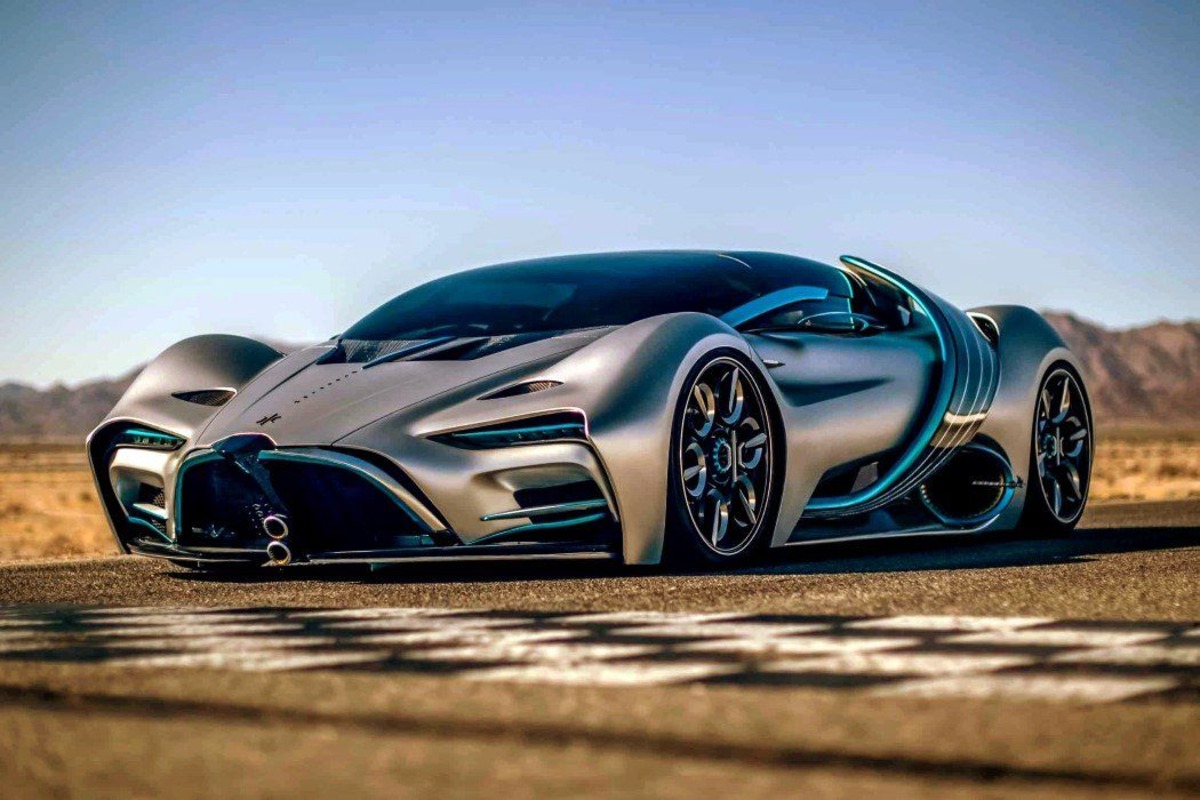
Unlike traditional fuel cell vehicles, the XP-1 uses hydrogen fuel cells paired with supercapacitors, enhancing both power output and efficiency. This combination enables instant torque delivery, allowing the hypercar to achieve remarkable speed and agility.
While the XP-1 is still in the concept phase, it showcases the potential of hydrogen technology beyond commercial transportation, venturing into the realm of supercars. Hyperion aims to use the XP-1 as a proof of concept for its broader vision, which includes developing hydrogen refueling infrastructure and promoting the adoption of hydrogen mobility.
With its sleek design, record-breaking range, and groundbreaking technology, the Hyperion XP-1 symbolizes the future of sustainable high-performance vehicles, proving that hydrogen fuel cells can rival battery-electric technology in both range and power.
7. Toyota Motor North America (U.S. Division)
Toyota’s U.S. division is actively advancing hydrogen fuel cell technology, contributing to the growth of zero-emission transportation. The Toyota Mirai, one of the first mass-produced FCEVs, is available in the U.S., offering an impressive 402-mile range on a single fill, making it a leading option for eco-conscious drivers.
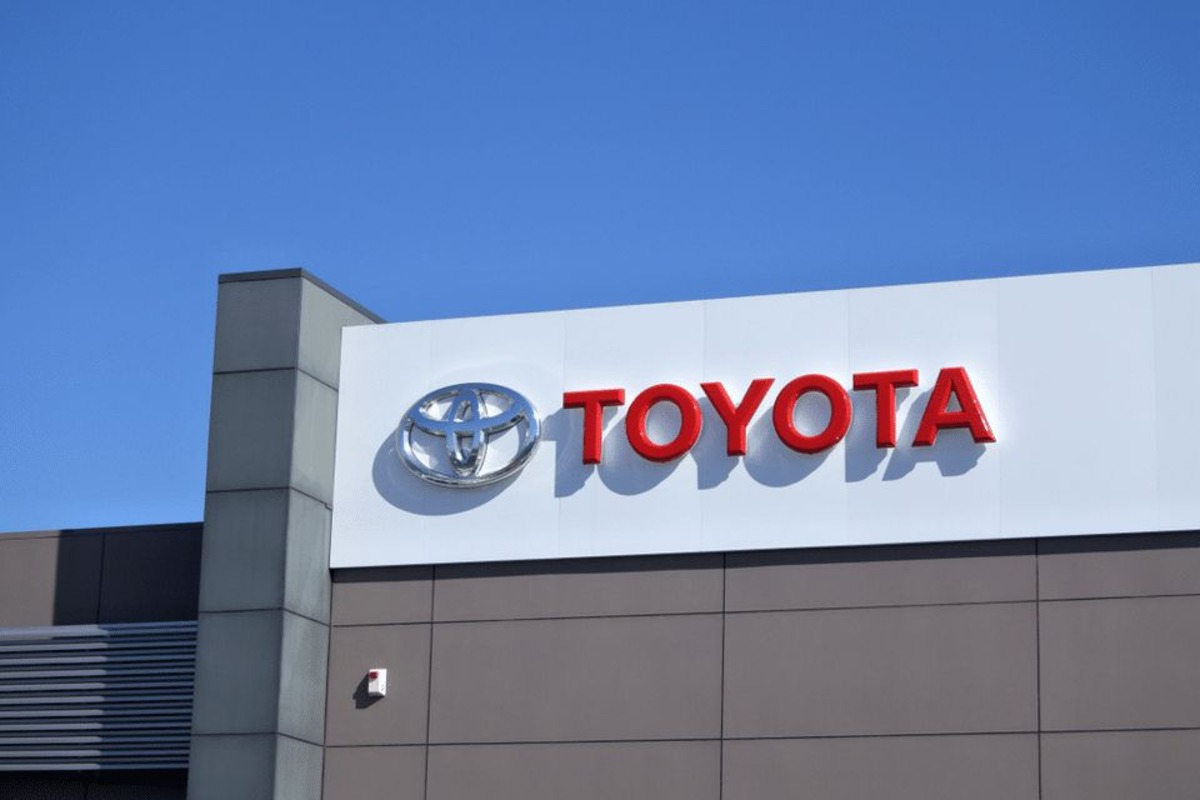
Beyond passenger vehicles, Toyota is collaborating with Kenworth and Shell to develop hydrogen-powered heavy-duty trucks for the U.S. freight sector. This initiative aims to reduce emissions in long-haul transportation by combining Toyota’s fuel cell expertise with Kenworth’s truck design and Shell’s fueling infrastructure.
Toyota’s hydrogen efforts reflect its broader sustainability strategy, positioning the company as a key player in the shift toward cleaner mobility solutions. With ongoing investments in both passenger and commercial hydrogen vehicles, Toyota is helping pave the way for a greener transportation future in the U.S.
8. Navistar International
Navistar is heavily investing in hydrogen-powered trucks, focusing on long-haul and heavy-duty transport. Its International RH Series FCEV offers an extended range and rapid refueling, making it a strong contender in the commercial truck market.
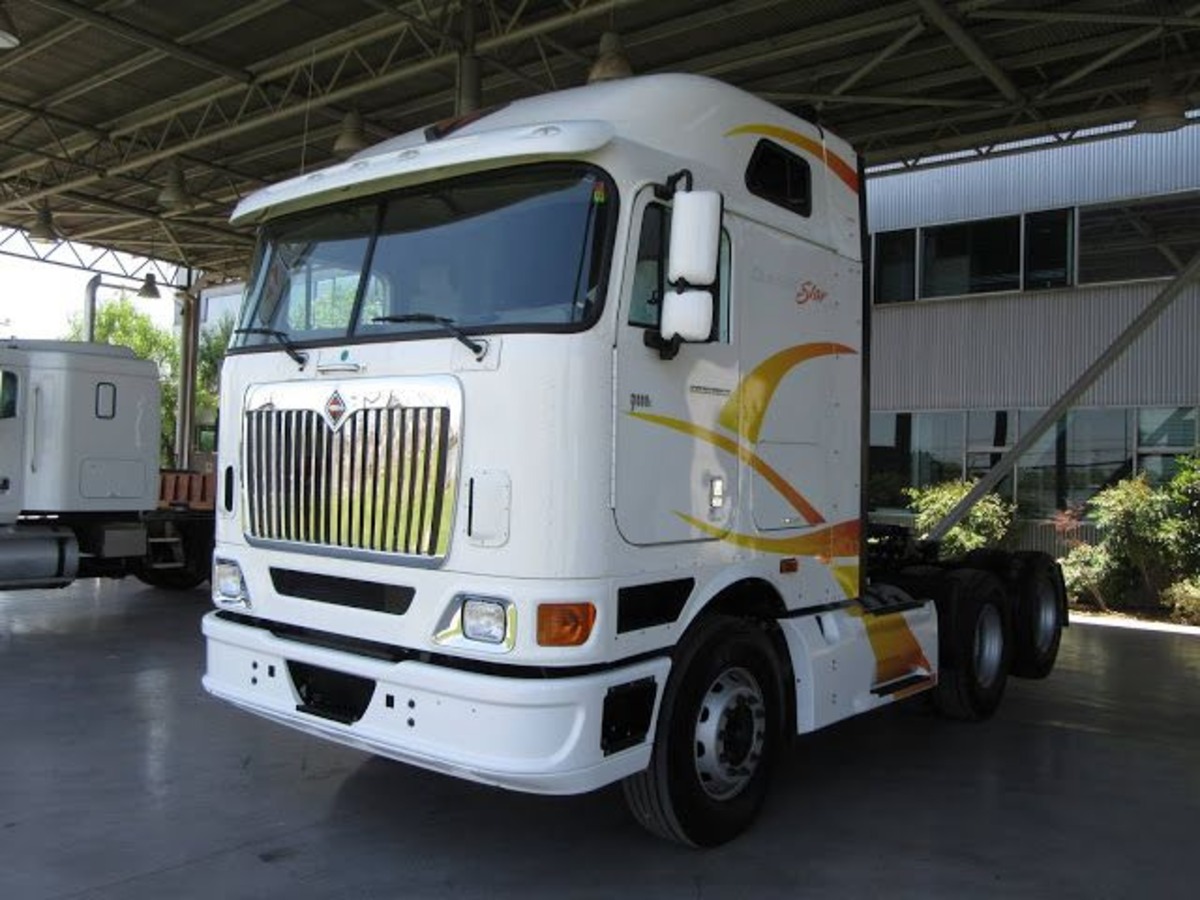
To accelerate hydrogen adoption, Navistar has partnered with Cummins and Chevron. This collaboration aims to expand hydrogen infrastructure and develop next-generation fuel cell vehicles, enhancing the viability of hydrogen-powered freight transportation.
Navistar’s commitment to zero-emission solutions highlights its role in driving sustainable innovation in the heavy-duty trucking industry, helping reduce emissions and promote cleaner logistics.
9. PACCAR Inc.
PACCAR, the parent company of Kenworth and Peterbilt, is advancing hydrogen-powered trucks for freight transport. Its Kenworth T680 FCEV offers a range of over 350 miles on a single fill, making it a viable option for long-haul trucking.

To support the expansion of hydrogen infrastructure, PACCAR is collaborating with Toyota and Shell. This partnership aims to develop hydrogen fueling networks along key freight corridors, ensuring reliable access to refueling stations for commercial fleets.
PACCAR’s investment in hydrogen technology underscores its commitment to decarbonizing the trucking industry, promoting cleaner and more sustainable heavy-duty transportation solutions.
10. Hyliion Holdings Corp
Hyliion is advancing hydrogen fuel cell technology for heavy-duty trucks, aiming to improve range and reduce emissions. Its Hypertruck ERX features a hybrid fuel cell system, combining electric power with hydrogen fuel cells to offer extended range and enhanced efficiency, making it ideal for long-haul transportation.
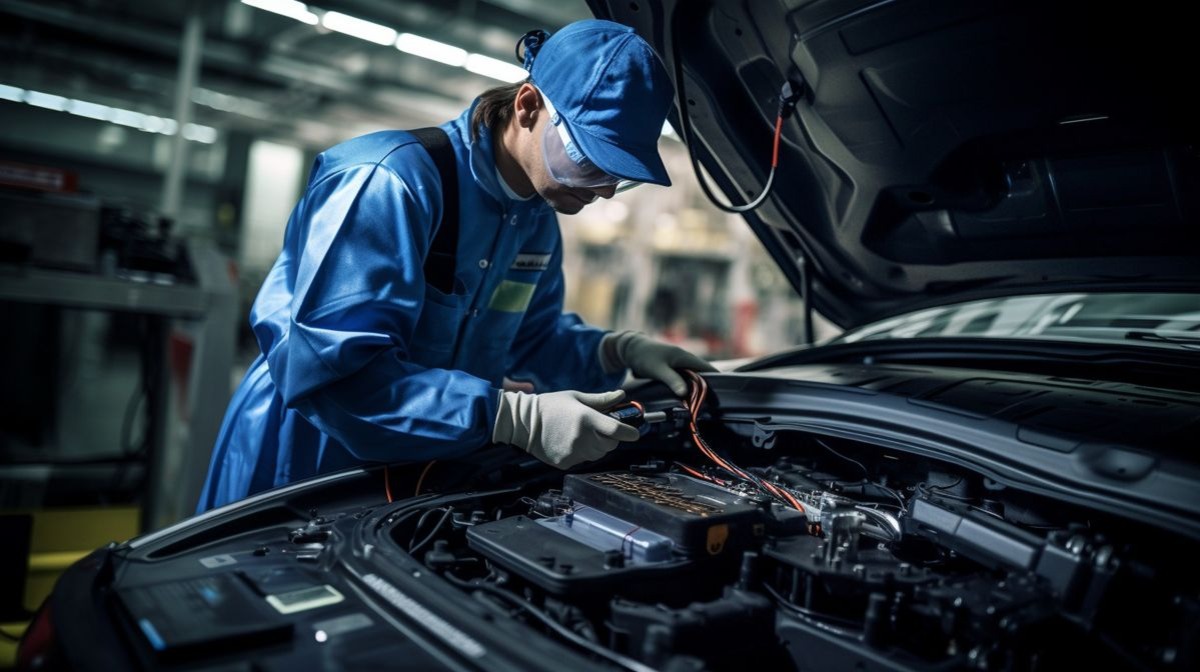
The company’s focus is on fleet electrification, using hydrogen-powered range extenders to boost the performance and sustainability of commercial trucks. This solution addresses the limitations of battery-electric vehicles by providing faster refueling times and greater range, making it practical for freight carriers.
Hyliion is also committed to expanding the hydrogen infrastructure, collaborating with industry partners to support the deployment of hydrogen-powered fleets. With its innovative powertrain solutions, Hyliion is positioning itself as a key player in the clean energy transition, promoting zero-emission trucking and helping reduce the industry’s carbon footprint.
11. Loop Energy
Loop Energy specializes in hydrogen fuel cell systems for commercial vehicles, focusing on buses and delivery trucks. Its proprietary eFlow fuel cells are engineered for high efficiency and durability, delivering greater power output and improved fuel economy, making them ideal for heavy-duty transportation.
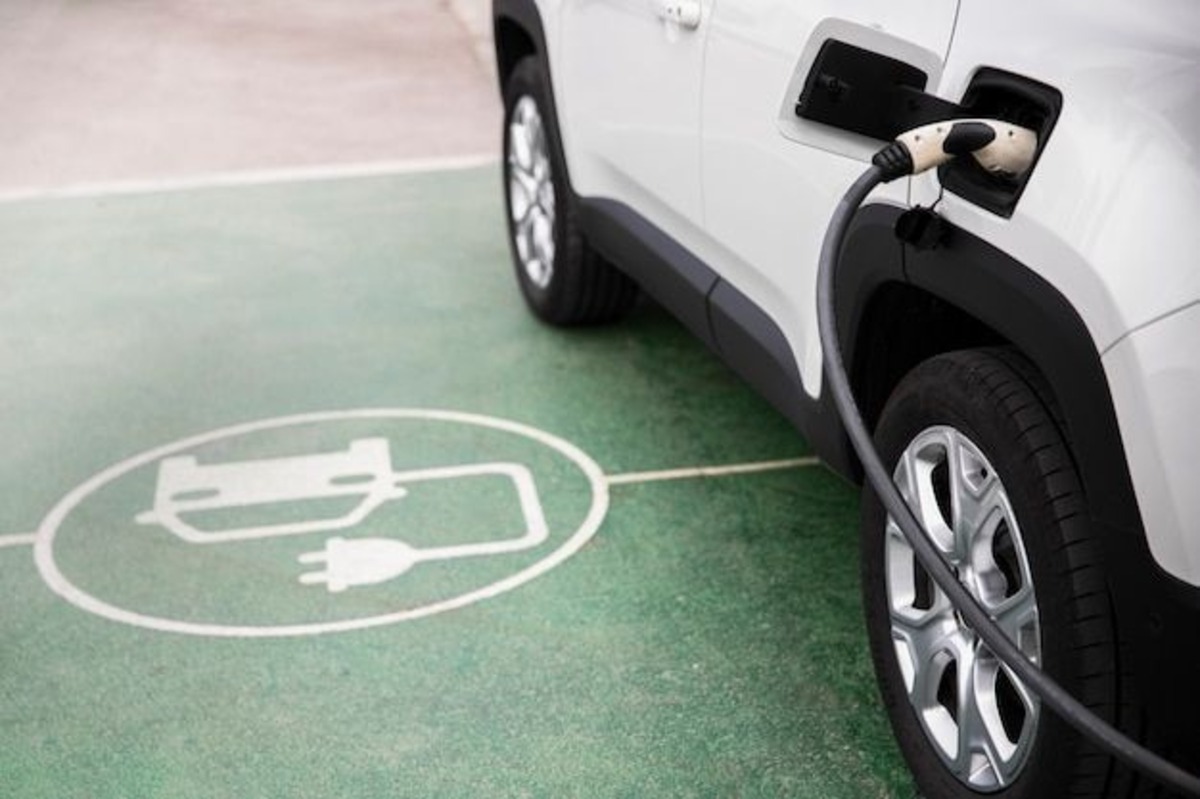
The company is actively expanding its U.S. presence, partnering with fleet operators to deploy hydrogen-powered vehicles across key markets. By collaborating with industry leaders, Loop Energy aims to accelerate the adoption of hydrogen technology, helping reduce emissions in the logistics and transportation sectors.
With its innovative fuel cell systems and growing network, Loop Energy is positioning itself as a major player in the shift toward zero-emission commercial transport, promoting sustainable mobility solutions.
12. Cummins Inc.
Cummins is a leading force in the hydrogen sector, producing fuel cell systems for heavy-duty trucks and buses. Through its Hydrogenics division, the company develops scalable fuel cell solutions designed for commercial fleets, helping reduce emissions in freight and public transportation.
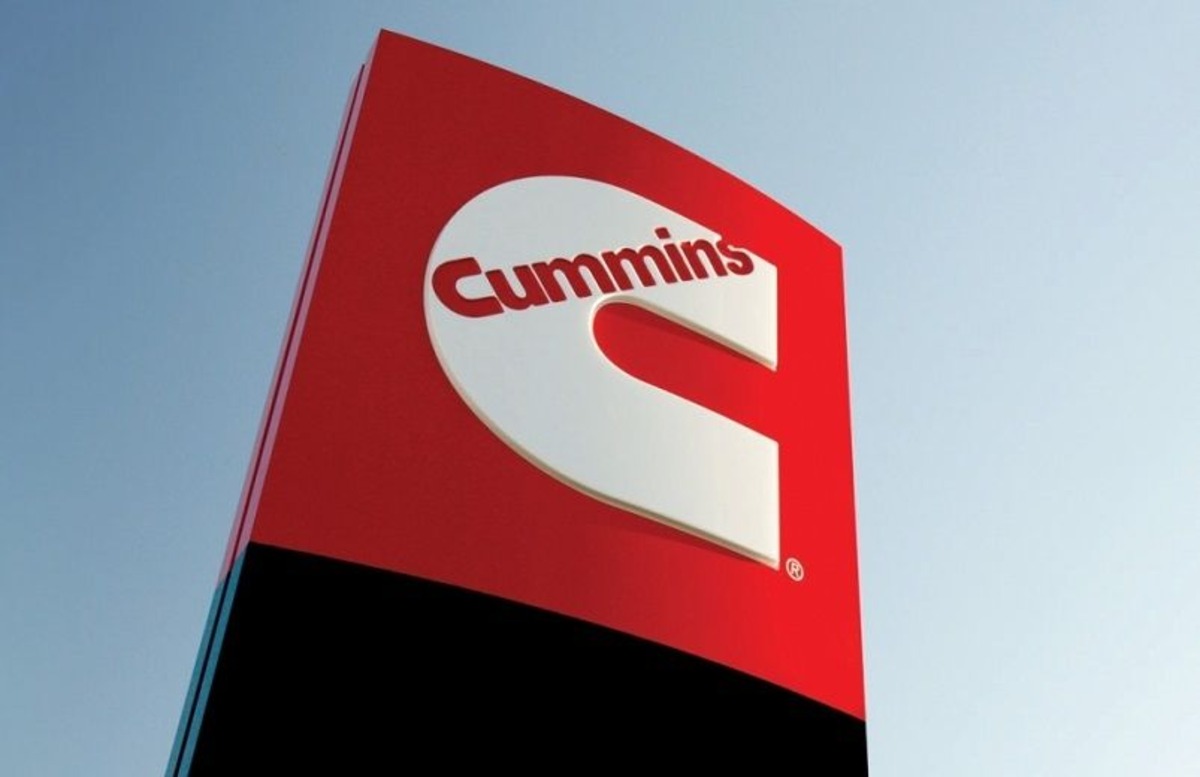
Beyond vehicles, Cummins is investing in green hydrogen production, aiming to create a complete hydrogen ecosystem. This includes building electrolyzers and hydrogen refueling stations to support the growing demand for zero-emission transportation.
By integrating fuel cell technology with green hydrogen infrastructure, Cummins is driving the decarbonization of commercial transport, promoting sustainable mobility and reducing the sector’s carbon footprint.
Hydrogen-powered vehicles represent a critical pillar of the future of sustainable transportation, offering an alternative to battery-electric vehicles with faster refueling times and longer ranges.
The 12 American automakers highlighted in this article are driving innovation in both passenger and commercial hydrogen vehicles, ranging from light-duty trucks to heavy-duty haulers and even high-performance hypercars.
As infrastructure and green hydrogen production expand, hydrogen fuel cell vehicles could become a mainstream solution, particularly in sectors where battery-electric vehicles face limitations. Companies like GM, Nikola, and Hyzon are already making significant strides in commercial hydrogen trucks, while startups like Hyperion are exploring the technology’s potential in high-end consumer vehicles.
The next decade will be pivotal for hydrogen mobility, with automakers, governments, and infrastructure providers collaborating to create a zero-emission future.
The hydrogen revolution is gaining momentum, and American automakers are at the forefront of this transformation.

